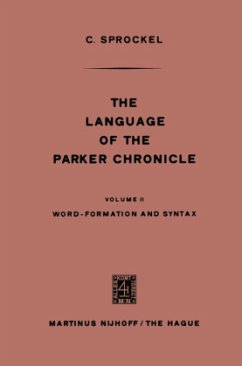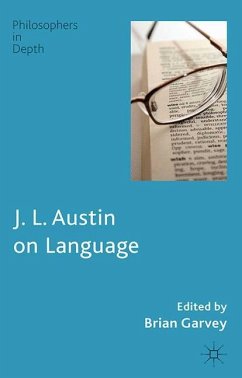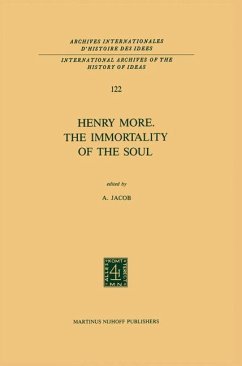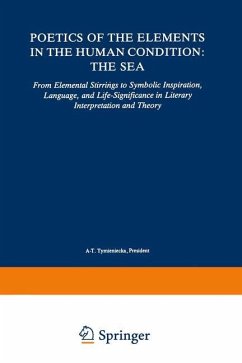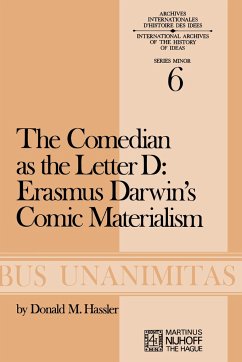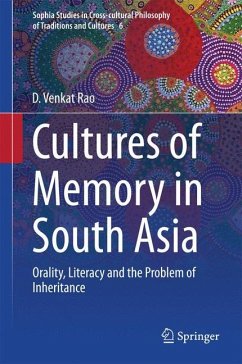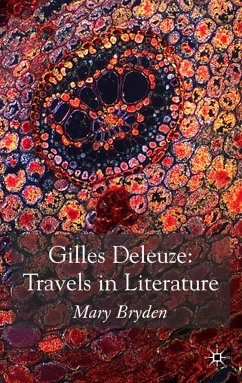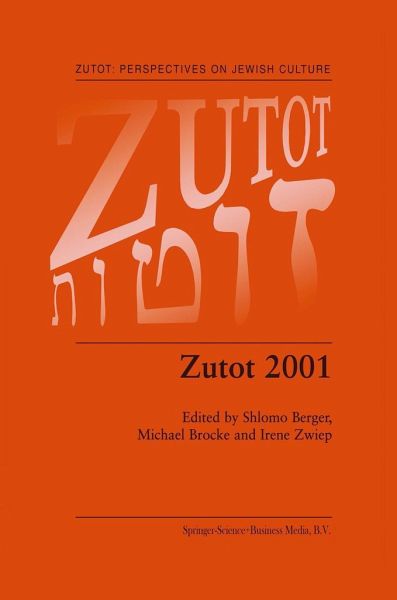
Zutot 2001

PAYBACK Punkte
19 °P sammeln!
The yearbook aims to fill a gap that has become more and more conspicuous among the wealth of scholarly periodicals in the field of Jewish Studies. Whereas existing journals provide space to medium - and large sized articles, they neglect the small but poignant contributions, which may be as important as the extended, detailed study. The yearbook serves as a platform for small but incisive contributions, and provides them with distinct context. The substance of these contributions is derived from larger perspectives and though not always presented in an exhaustive way, will have an impact on c...
The yearbook aims to fill a gap that has become more and more conspicuous among the wealth of scholarly periodicals in the field of Jewish Studies. Whereas existing journals provide space to medium - and large sized articles, they neglect the small but poignant contributions, which may be as important as the extended, detailed study. The yearbook serves as a platform for small but incisive contributions, and provides them with distinct context. The substance of these contributions is derived from larger perspectives and though not always presented in an exhaustive way, will have an impact on contemporary discussions. The yearbook covers Jewish Culture in its broadest sense, i.e. encompassing various academic disciplines - literature, languages and linguistics, philosophy, art, sociology, politics and history - and reflects binary oppositions such as religious and secular, high and low, written and oral, male and female culture.






